Yesterday, AntiSec leaked over 1million Apple UDIDs that they claim came from a FBI laptop they hacked. What was the FBI doing with all those UDIDs, and who gave them to them? Well the FBI says that they totally didn’t get hacked so it’s not their fault.
Apple has been quiet the entire time about the whole thing, until this morning when they released an official comment stating that they never gave the FBI anyone’s device IDs.
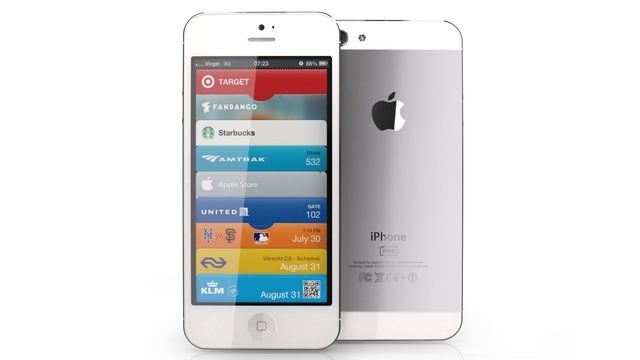
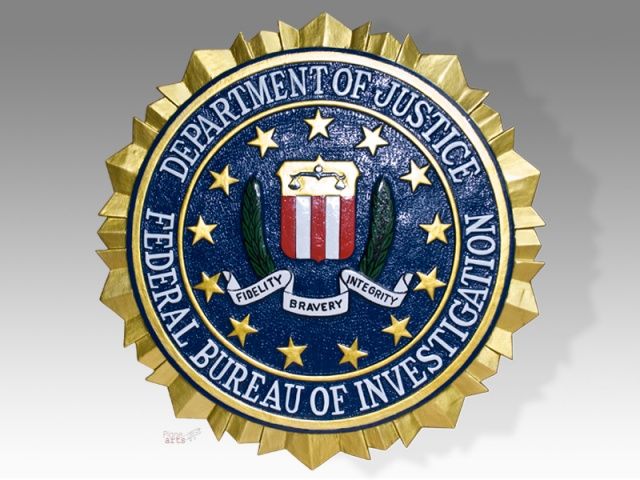

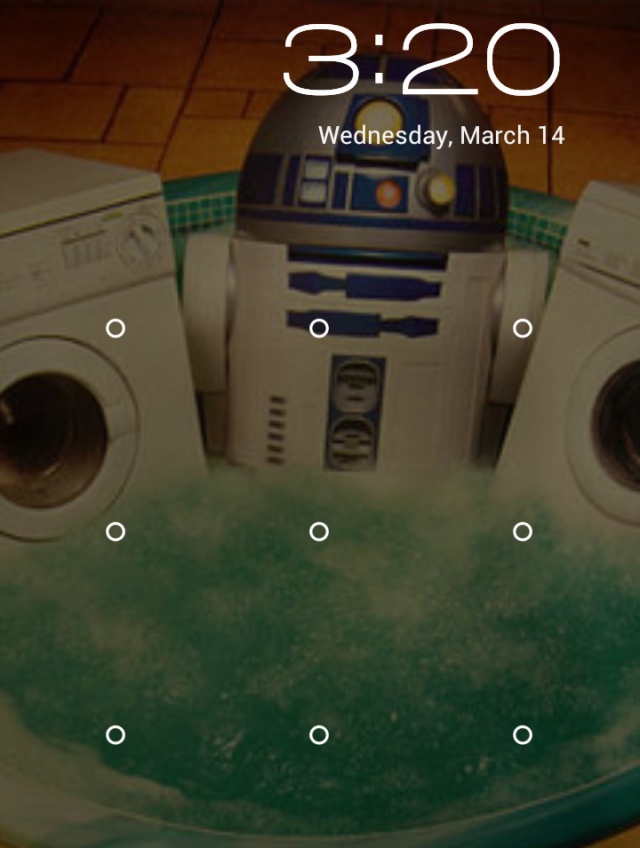
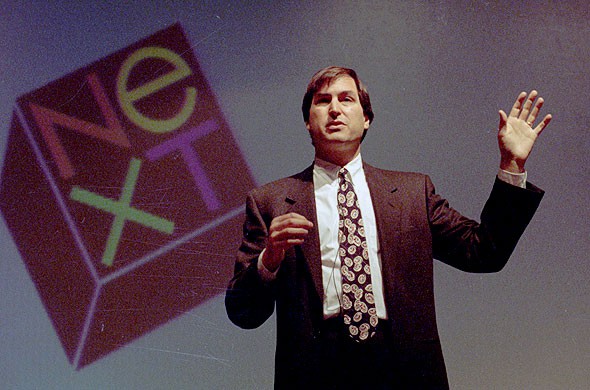
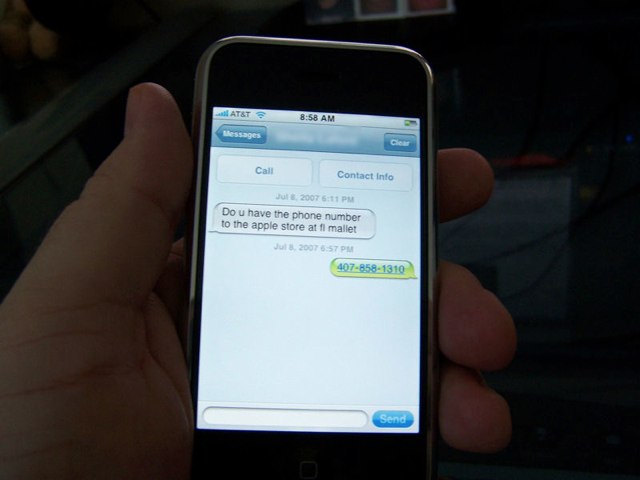
![The iPhone Is About To Become The FBI’s Newest Crime-Fighting Partner [Exclusive] The MobileOne iPhone Fingerprint Device (Photo/Provided)](https://www.cultofmac.com/wp-content/uploads/2011/12/mobileOne-1ah.jpg)

